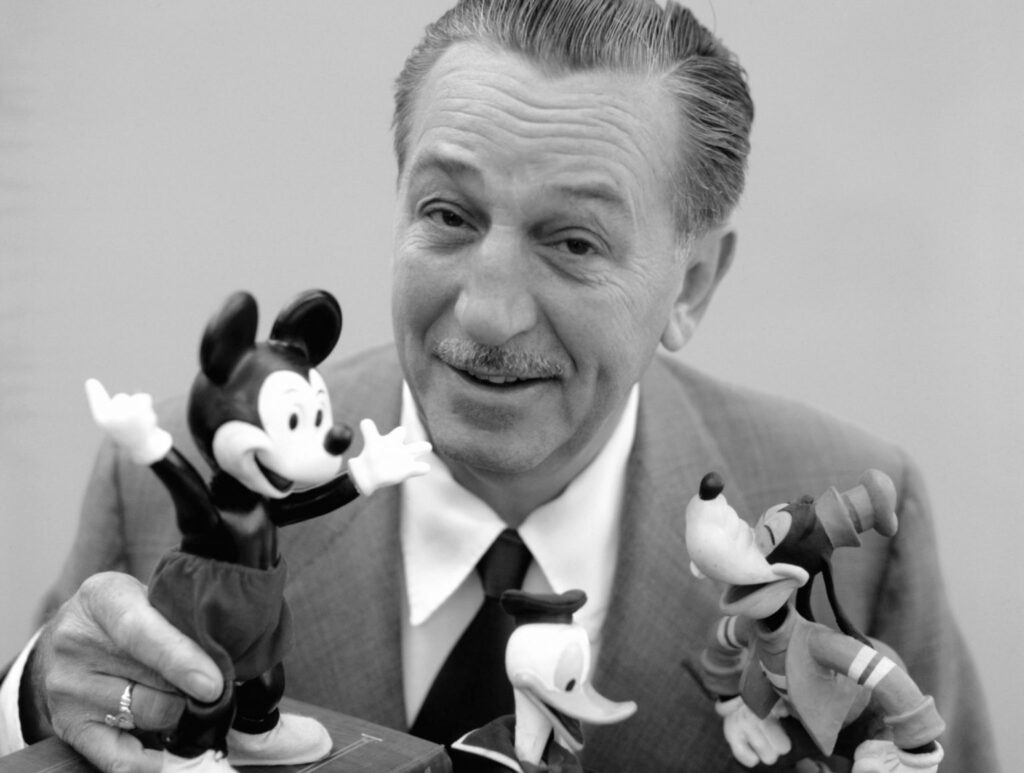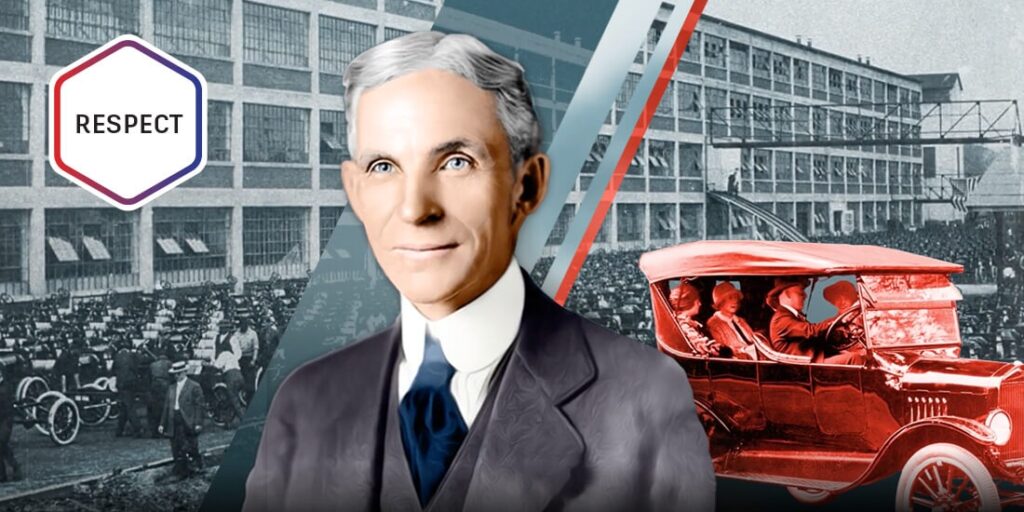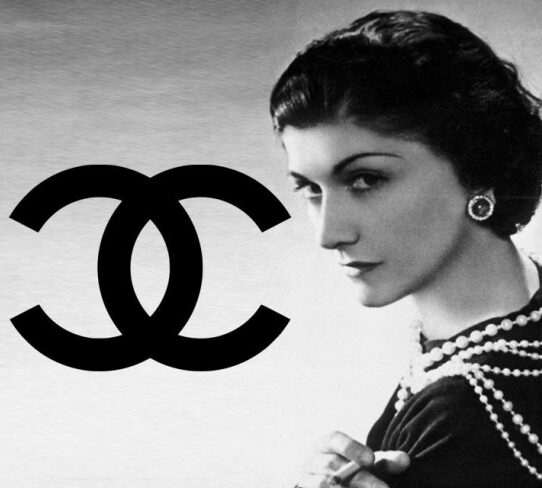109





In the world of business, few accomplishments are as powerful as turning your name into a globally recognized brand. These entrepreneurs didn’t just build companies—they created legacies. Their names now represent innovation, excellence, and guidence in their industries.
1. Walt Disney – The Magic Behind the Mouse
Walt Disney transformed the entertainment industry with the creation of Disney, which is a multi-billion-dollar kingdom now. What started with a cartoon mouse turned into a global brand representing family entertainment, theme parks, media networks, and more. Disney’s name evokes magic, imagination, and storytelling at its finest.

2. Henry Ford – Revolutionizing Transportation

Ford Motor Company, founded by Henry Ford, revolutionized modern manufacturing with the assembly line. Ford’s innovation made cars affordable and accessible, changing the way the world moves. Today, the Ford brand continues to symbolize durability, innovation, and automotive legacy.
3. Coco Chanel – Redefining Fashion
Coco Chanel, the iconic French fashion designer, revolutionized women’s fashion in the 20th century, breaking away from the restrictive styles of the past to introduce elegance through simplicity and comfort. With the founding of her brand, Chanel, in 1910, she challenged the norms of her time by popularizing casual chic as the new standard for women’s style.

4. Thomas Lipton

Founder Sir Thomas Lipton was born in 1850 in Glasgow, Scotland. Following an early life filled with adventure, traveling the world as a cabin boy on a steamer ship, Lipton opened a small grocery shop in Glasgow in 1870. Soon, Lipton had opened up a chain of shops across Britain. This enterprise made him a self-made millionaire by the age of 40.
Following the success of his grocery stores, Lipton went on to build a tea empire. In the 1800s, tea was a luxury that only wealthy families could afford.
Lipton was able to reduce the price by buying his own plantations in what’s now Sri Lanka, cutting out the middleman. This brought tea to families who previously couldn’t afford it.
Lipton gained a reputation for selling quality products at affordable prices. Today, Lipton Tea is owned by global conglomerate CVC Capital Partners.
5. Guccio Gucci
The son of a leather craftsman, Guccio was reportedly inspired by the luxury luggage carried by guests at the Savoy. In 1921, he opened his first shop in Florence, a small store that sold imported luggage. When Italian trade embargoes in the 1930s made it difficult for Gucci to find leather, he diversified the business using a variety of other materials such as wicker and linen.

By the time Guccio died in 1953, the fashion house had stores throughout Italy and a newly opened store in New York. His sons rapidly expanded the family fashion empire, opening stores in London and Paris during the 1960s. Today, Gucci is a $15.6 billion business and one of the most recognizable brands in the world.
